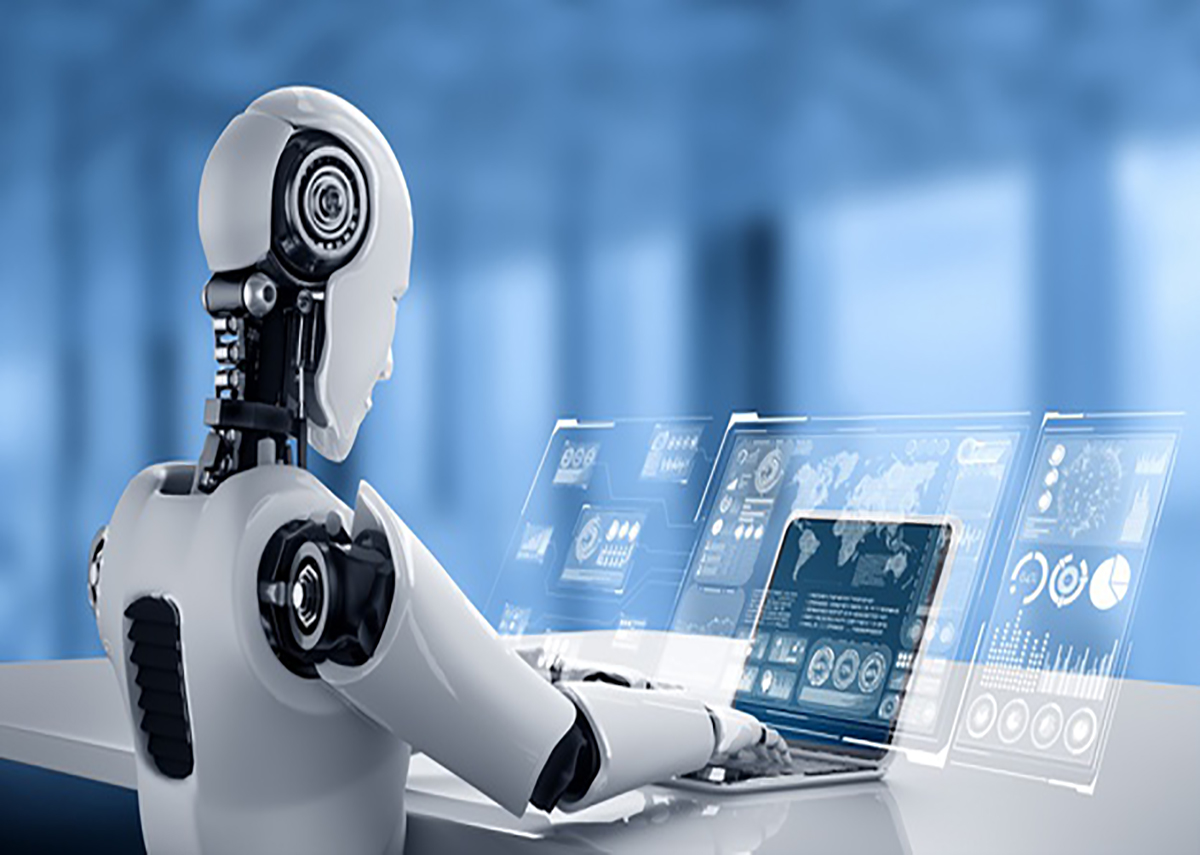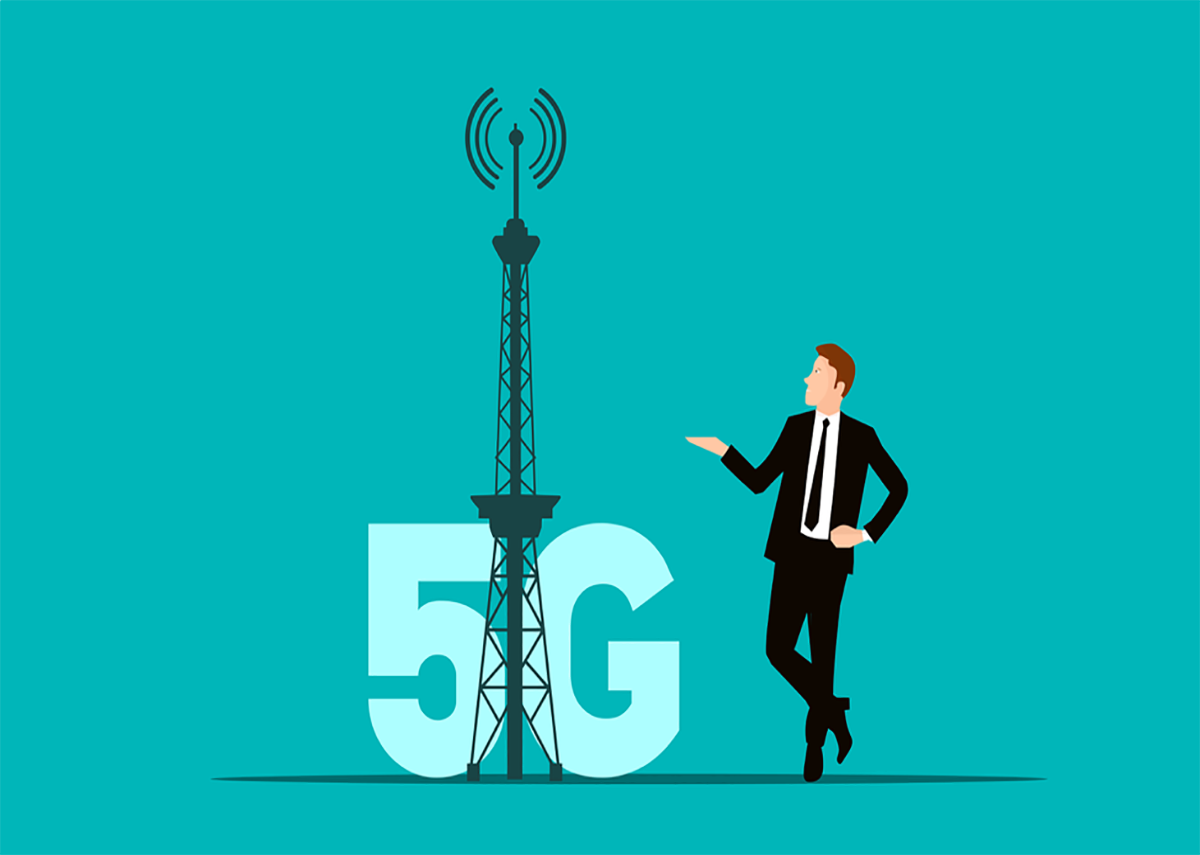Why We Will Require AI And 5G For Edge Computing?
Share

It appears that we are at a turning point for technological innovation. Over the last five years, there have been big digital developments from the idea generation stage through the discussion phase to the actual implementation. Those pieces of technology include edge computing.
While edge computing has been around for a while now, we are only seeing how it is turning into an important tool for some industries. That should be the case. For the uninitiated, the term ‘edge computing’ refers to computing performed nearer to where data originates. It can considerably speed up innovation in those industries. Anyhow, to make the most of it, business enterprises will have to understand how advanced technologies such as AI and 5G contribute to introducing disruptive use cases.
The fifth generation of cellular communications, specifically 5G, will enable higher input and lower latency for wireless solutions, building on its earlier versions. It also marks the start of other mobile network changes, which include cloud-native applications-driven parts and RAN-type open interfaces. While all of these new pieces of technology have more complexity, mobile operators cannot afford to raise the expense that it takes to operate their networks for handling that complexity. This is where artificial intelligence can come into play.
AI enables self-monitoring capacities that confirm high-quality service with low latency, so the effectiveness of both edge computing and 5G is important. These two are new pieces of business technology, but they are now the most significant or pertinent to organizational requirements. Continue reading to learn about what effects those will have on each other and where we will notice the maximum impact.
How Will AI Affect 5G?
The potentials for 5G solution providers and AI software developers are growing, particularly when 5G and AI are used together. 5G’s capabilities alone will make increased speeds possible, but combining it with artificial intelligence could create new opportunities. AI-based software can respond at almost the same time as data created from 5G cellular networks, allowing for new potentials for automation.
The automated capacities of artificial intelligence are vital for 5G as well. Fifth-generation networks are much more complex as compared to their precursors, and they require constant monitoring to confirm that they work at optimum levels. That observance requires 24×7 management to ensure that the network operates well and is optimized, so people cannot fully own it.
Using artificial intelligence for monitoring capabilities can do the trick as it can aid in managing 5G networks and controlling cost. Therefore, several providers of 5G services will use artificial intelligence to create networks that are self-healable and self-manageable.
How Will 5G Affect AI?
The capacities of 5G to offer lower latency and higher bandwidth create opportunities for artificial intelligence programs. For instance, consider AI-based voice assistants. When you ask Alexa or Siri something, it takes some time to respond to it because processing your query and recognizing the answer requires it traveling to Amazon or Apple’s cloud data center. It is perhaps OK to have that lag in the case of casual queries regarding the weather, the winner of the baseball match the night before, or something similar.
However, it is a possibly vital delay in a more pressing situation that requires an answer within milliseconds. When coupled with 5G network capabilities, AI software can work quicker and smarter than how it could otherwise. That will create opportunities in important sectors such as the military or healthcare and will offer improved experiences in B2C segments such as gaming and retail.
Where Can We See That Develop?
Sectors that embrace artificial intelligence and 5G will change considerably, allowing the creation of opportunities that are possibly useable for competitive differentiation. Manufacturing is among those industries with the most potential for becoming radically changed by advanced technology. It is on course to becoming a fully automated industry, which leverages artificial intelligence to confirm that it acts and responds intelligently, without human intervention.
Anyhow, manufacturing will require 5G, for the lessened latency requirement and for making it easier for edge computing to be adopted. The use of edge computing in the manufacturing sector will enable disseminating the required data throughout the network for being as near every single machine as it can to allow relaying it correctly live. Industrial equipment can function autonomously and intelligently so that every manufacturing aspect becomes autonomously manageable.
Less importantly, artificial intelligence and 5G will enable improved gaming experiences. Those who play online games are committed people, so milliseconds of latency are likely to change or damage the experience, particularly when technologies like AR are available. The gamers require the advanced connectivity and speed that 5G is capable of offering, plus the network self-management capability that artificial intelligence drives.
The arrival of the coronavirus pandemic has made enterprises rethink and recalibrate the following.
- All business aspects.
- How they handle product development.
- What pieces of technology to include in their solutions stack.
- Which plans of action for innovation are successful.
The economy is ever-changing, and the market is becoming more and more competitive, so enterprises should contemplate how to get an edge when dealing with the so-called new normal. This is the appropriate time to embrace the new pieces of technology that can transform industries. The appropriate technology for now and the future is edge computing, powered by AI’s and 5G’s adoption.




